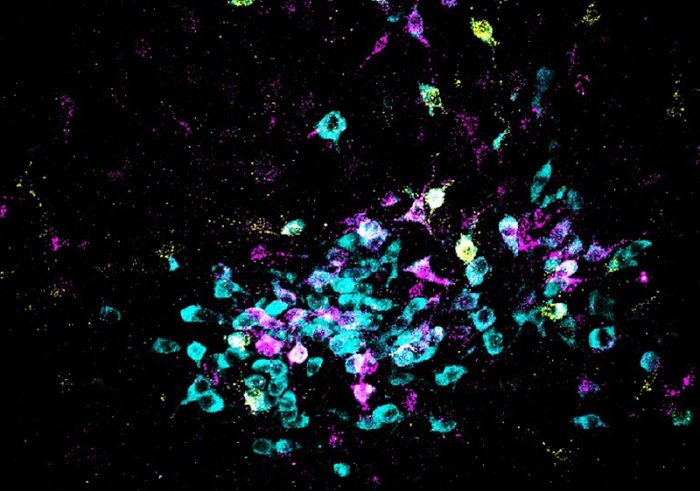Fear is a fundamental survival mechanism, but if it arises in the absence of real threats it can be very harmful: now, researchers from the University of California in San Diego have reconstructed the origin of these unmotivated fears caused by stress in the brain, solving a mystery that has been going on for a long time, and they have also figured out how to block them.
The result, published in the journal Science, will allow the development of effective and specific therapies for conditions such as post-traumatic stress disorder, which often leads to experiencing intense feelings of fear even in non-dangerous situations.
By studying the brains of mice in an area known as the 'dorsal raphe nucleus', which carries out vital functions related to the response to stimuli and is located in the brainstem, researchers led by Hui-Quan Li discovered that severe stress produces a 'substitution' in the neurotransmitters used by neurons, i.e. the chemical messengers that allow the cells of the nervous system to communicate with each other: in particular, glutamate, the main excitatory neurotransmitter, is replaced by Gaba (gamma-aminobutyric acid), which instead is the main and most powerful inhibitory neurotransmitter and which is responsible for the unmotivated fear response.
The discovery was confirmed by post-mortem analysis of the brains of people suffering from post-traumatic stress disorder.
But the authors of the study went further, also finding a way to block this mechanism: it was sufficient to turn off the gene responsible for the production of Gaba in mice, or to administer Prozac, an anti-depressant drug, immediately after a stressful event, to prevent the passage from one neurotransmitter to another.
“Now that we know the crux of the mechanism through which stress-induced fear manifests itself – says Nicholas Spitzer, co-author of the study – interventions can be targeted and specific”.
Reproduction reserved © Copyright ANSA

